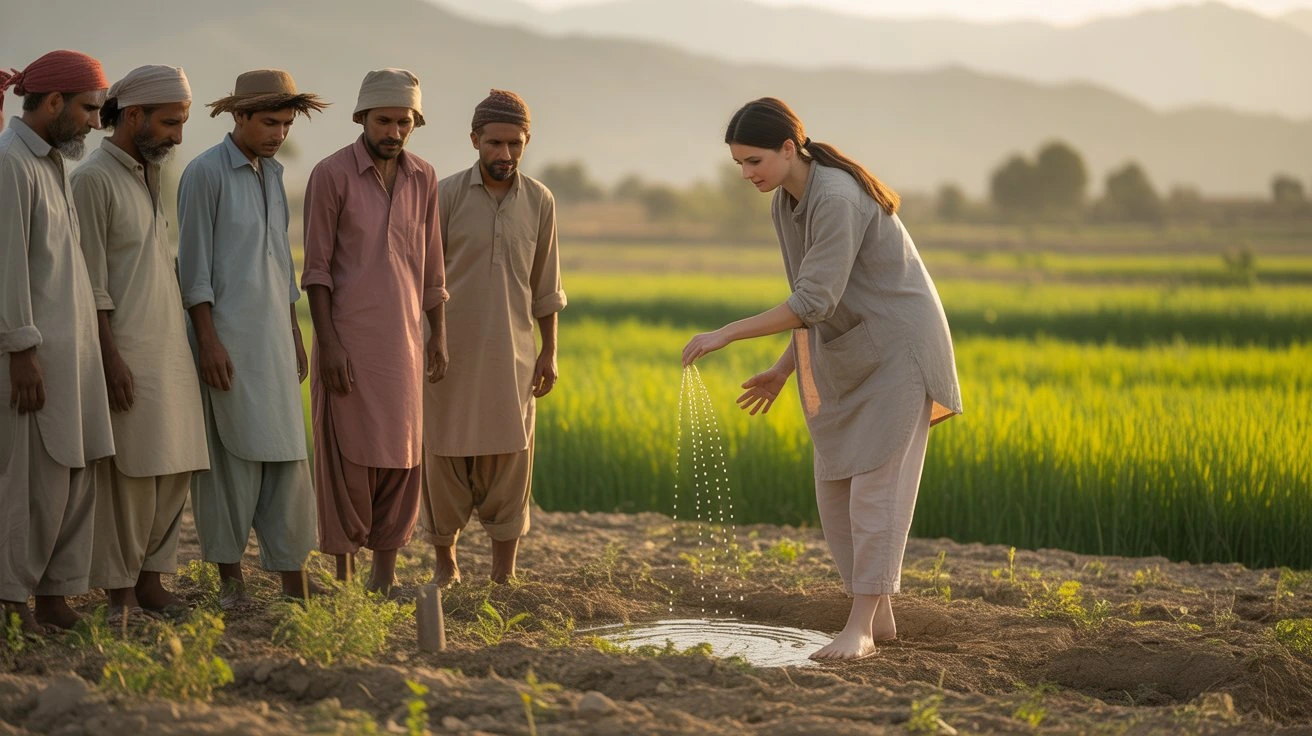Social Sector,
The Trump administration’s suspension of foreign aid, including funds from the US Agency for International Development (USAID), severely impacted Pakistan’s social sector, forcing several non-governmental organisations (NGOs) to scale back projects, cut jobs, and suspend operations.
The aid freeze, announced shortly after Trump began his second term in January under the “America First” policy, added pressure to an already fragile funding landscape in Pakistan. Declining donor interest and shifting global priorities had already reduced international support in recent years.
Despite the disruption, Pakistan’s development sector showed resilience by diversifying income streams and tapping into support from the government and the overseas Pakistani community. Social sector expert Naseer Memon noted that long-established NGOs have adopted multi-donor strategies to minimize reliance on a single source, enabling them to sustain education, health, and community welfare initiatives despite USAID’s abrupt withdrawal.
Some organisations, however, faced direct setbacks. The Sindh Rural Support Organization (SRSO), a key USAID partner, had to suspend three health projects in southern Sindh, triggering staff layoffs. According to SRSO head Mohammad Dittal Kalhoro, about 90% of the displaced workforce was later re-employed through project restructuring, cost-cutting measures, and the reinstatement of one USAID-supported project in June.
Pakistan’s eight-million-strong diaspora has played a critical role in filling funding gaps. Remittances exceeding $30 billion annually have increasingly supported education, healthcare, and water projects in underserved regions. Ali Mohsin, a Pakistani-Canadian engineer, highlighted that Canadian Pakistanis funded 12 major projects in Khyber Pakhtunkhwa between 2012 and 2024, with 10 more underway in 2025 through Al-Khidmat Foundation.
Al-Khidmat’s director, Umair Idris, confirmed that 35% of the charity’s budget now comes from overseas contributions, up from 25% in 2020. Similarly, The Citizens Foundation, which runs over 2,000 schools across Pakistan, reported a rise in diaspora funding from 30% to nearly 42%, according to founding director Mushtaq Kassim Chhapra.
Experts warn that while Pakistan’s NGOs have successfully adapted, the sector remains vulnerable. The Trump-era aid freeze—once the largest donor pool—prompted other countries to slash their own budgets, creating uncertainty across global development networks. For instance, the Geneva-based Global Fund recently announced a $1.4 billion cut in approved grants due to weak donor commitments.
Analysts stress that while Pakistan’s NGOs have strengthened domestic and diaspora support, long-term stability will require structural reforms and reduced dependence on external aid to safeguard the country’s social development programs.









